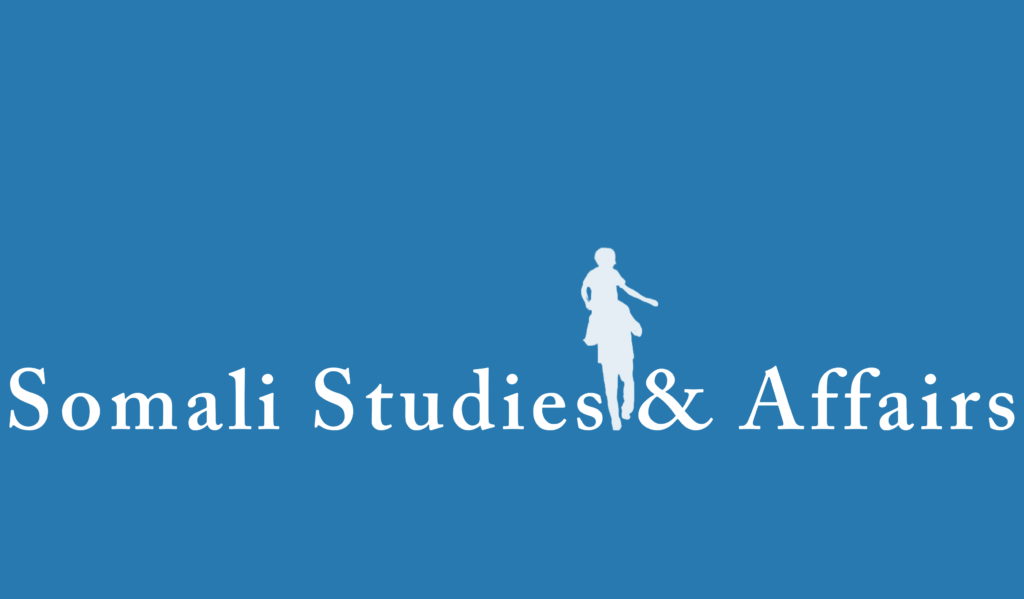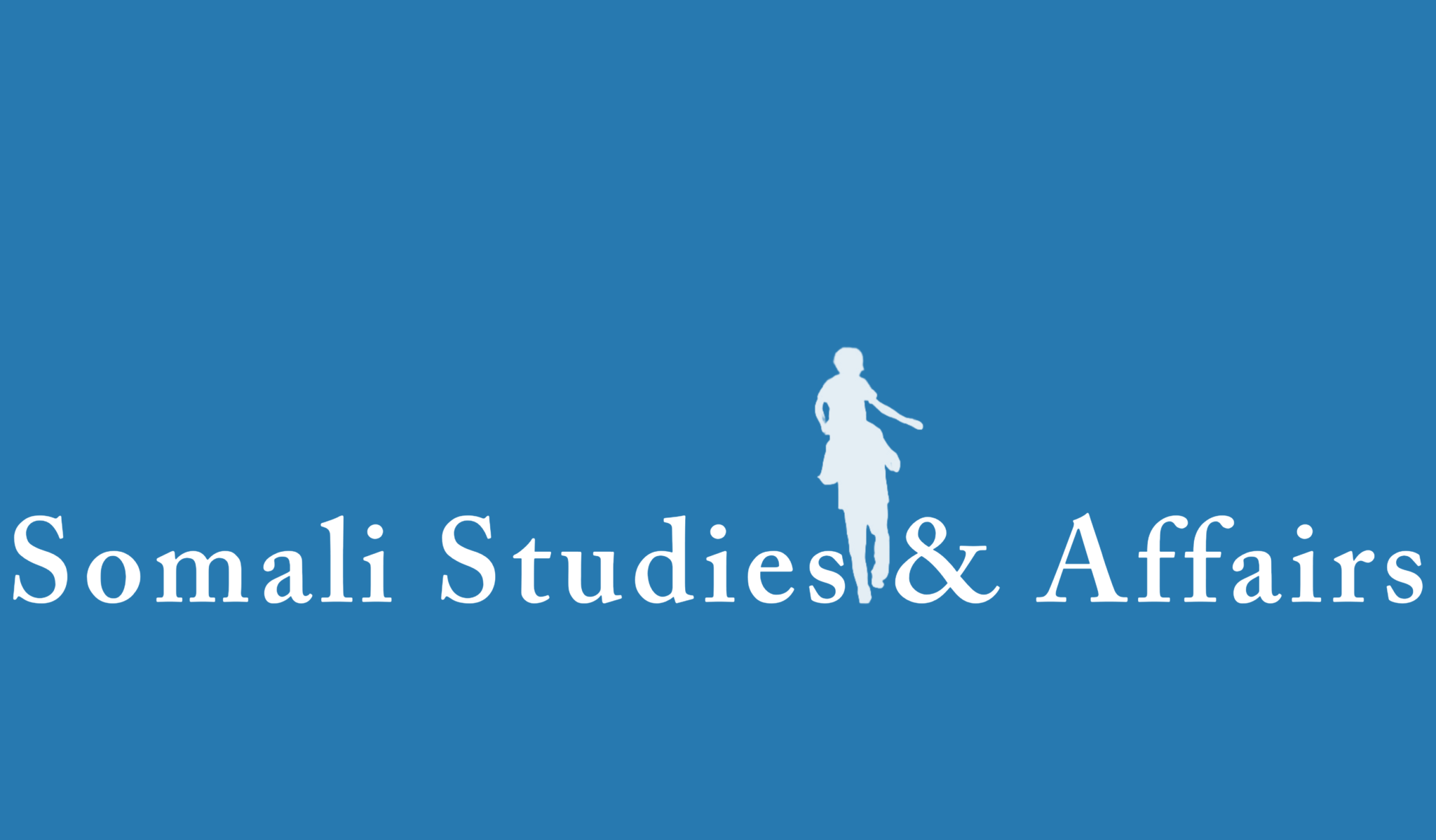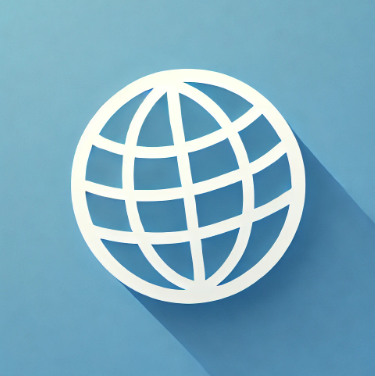Introduction:
As a linchpin of global development efforts, the World Bank Group is tasked with addressing pressing issues of poverty, inequality, and sustainability across the globe. However, amidst its noble objectives, the institution faces criticism and challenges that warrant scrutiny. In this article, we delve into the complexities of the World Bank’s operations, examining both its positive contributions and the negative implications of its actions on the international stage.
The Structure of the World Bank:
The World Bank Group comprises five institutions, each with a distinct role in advancing the organization’s mission. From providing financial assistance to facilitating private sector investment and mitigating investment risks, the World Bank’s institutions operate in concert to address a wide array of development challenges. However, the bureaucratic complexity and opacity of the institution’s structure have been criticized for hindering transparency and accountability.
The Role of the World Bank:
While the World Bank’s mission is noble, its approach to development has been subject to debate. Critics argue that the institution’s emphasis on market-driven policies and austerity measures often prioritizes the interests of wealthy nations and multinational corporations over the needs of the poor. Moreover, the conditionalities attached to World Bank loans have been accused of undermining national sovereignty and perpetuating dependency on external aid.
Financial Assistance and Policy Advice:
While the World Bank provides financial assistance and policy advice to developing countries, the effectiveness of its interventions has been called into question. Critics argue that the institution’s one-size-fits-all approach fails to account for the diverse needs and circumstances of recipient countries, leading to ineffective and sometimes harmful outcomes. Moreover, the imposition of neoliberal economic policies has been blamed for exacerbating inequality and social unrest in many countries.
Promoting Inclusive Growth and Resilience:
While the World Bank espouses principles of inclusive growth and resilience, its actions have often fallen short of these lofty ideals. Critics point to cases where World Bank-funded projects have led to forced displacement, environmental degradation, and violations of human rights. Moreover, the institution’s focus on economic growth at the expense of social and environmental considerations has been criticized for exacerbating inequality and perpetuating unsustainable development patterns.
Collaboration with Other Nations:
While collaboration with other nations and international organizations is essential for maximizing the impact of its efforts, the World Bank’s partnerships have been marred by controversy. Critics argue that the institution’s close ties to powerful donor countries and multinational corporations undermine its impartiality and credibility. Moreover, allegations of corruption and misconduct have tarnished the reputation of the World Bank, raising questions about its ability to fulfill its mandate effectively.
Conclusion:
In conclusion, the World Bank’s role in international development is characterized by a delicate balance between positive contributions and negative implications. While the institution has made significant strides in alleviating poverty and promoting sustainable development, its approach and actions have been subject to criticism and scrutiny. As the World Bank navigates the complex terrain of global development, it must remain vigilant in addressing these challenges and upholding its commitment to promoting prosperity for all.




